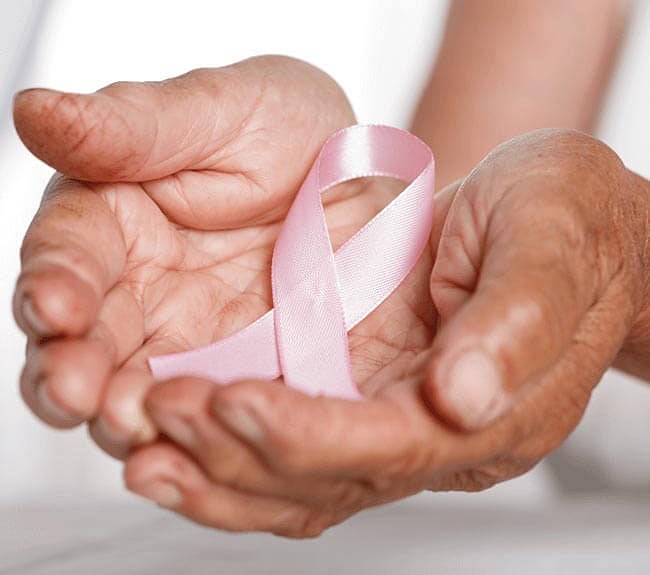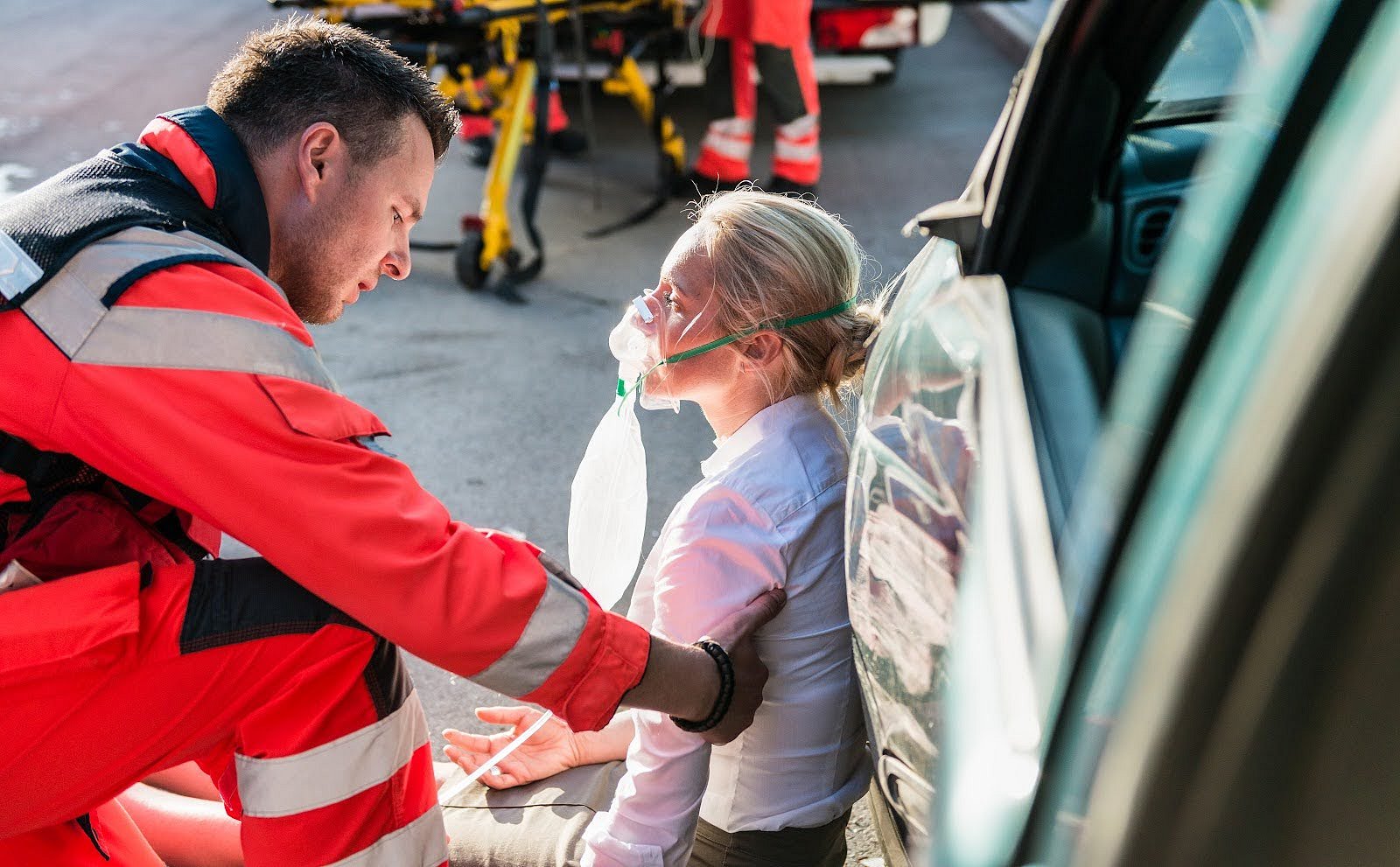
Breast Cancer: what can you do?
October is Breast Cancer Awareness month in South Africa – and according to CANSA, apart from certain types of skin cancer, breast cancer is the most common cancer in women of all races, with a lifetime risk of 1 in 33 women in South Africa contracting the disease.1
We all think it will never happen to us, but with a statistic like that, we can’t afford to be complacent – and while we might have solid life insurance cover and medical aid, the costs of cancer are as much emotional as they are financial and we owe it to ourselves and loved ones to take precautions and protect ourselves as much as we can. Luckily there are some simple things you can do to take care of yourself and help reduce your risk of contracting breast cancer…
The first thing you can do is get checked – or check yourself, regularly!
The key thing in increasing good outcomes when it comes to a breast cancer diagnosis is early detection – according to the South African government about 90% of patients survive for many years after diagnosis when breast cancer is detected at the early stages.2
CANSA recommends yearly screening through a mammogram of all women over 40 (whether or not you have symptoms or a family history). Self-examination is also key – and you need to do it regularly in order to ensure you understand what your breasts normally feel like – that way you’ll notice any abnormality more quickly. To find out exactly how to examine your breasts properly, click here.
According to CANSA these are the signs to watch out for:
- A puckering of the skin of the breast
- A lump in the breast or armpit
- A change in the skin around the nipple or nipple discharge
- Dimpling of the nipple or nipple retraction
- An unusual increase in the size of one breast
- One breast unusually lower than the other – nipples at different levels
- An enlargement of the glands
- An unusual swelling in the armpits
Getting active reduces your risk… moderate physical activity reduced breast cancer risk by 14%, while “vigorous” physical activity reduced breast cancer risk even more – 25 percent.3
Eating those veggies is as important as you think it is! Foods rich in bioflavonoids can have a protective effect against breast cancer – so make sure you’re eating lots of brightly coloured fruits and veggies, including beans and legumes!3
Swapping your wine for a cuppa could be worthwhile. Studies have shown that drinking two or more units of alcohol a day increases your breast cancer risk by at least 20%. And the American Cancer Society now recommends that women enjoy one serving or less of alcohol a day. Drinking Green Tea on the other hand has the opposite effect, as its ingredients are known to inhibit the free radicals thought to facilitate early cell changes that can lead to cancer.3
Taking Vitamin D supplements can help. Many studies have shown that women who have breast cancer also have low levels of vitamin D – and this is particularly true for post-menopausal women. Get your daily dose of sunshine or pop a vitamin D pill… you’ll be protecting your breast health.4
So in honour of Breast Cancer Awareness month, don’t just wear a pink ribbon – make a pledge to take care of yourself and do the things you can to stay healthy. Oh, and get yourself screened too. The people who depend on you will thank you for it – and if there is something wrong, detecting the signs early could save your life! CANSA runs Care Centres in all provinces in South Africa and will charge you according to how much you earn. Call them Toll-Free on 0800 22 66 22 or email them at [email protected] or visit www.cansa.org.za to find your nearest Care Centre.







